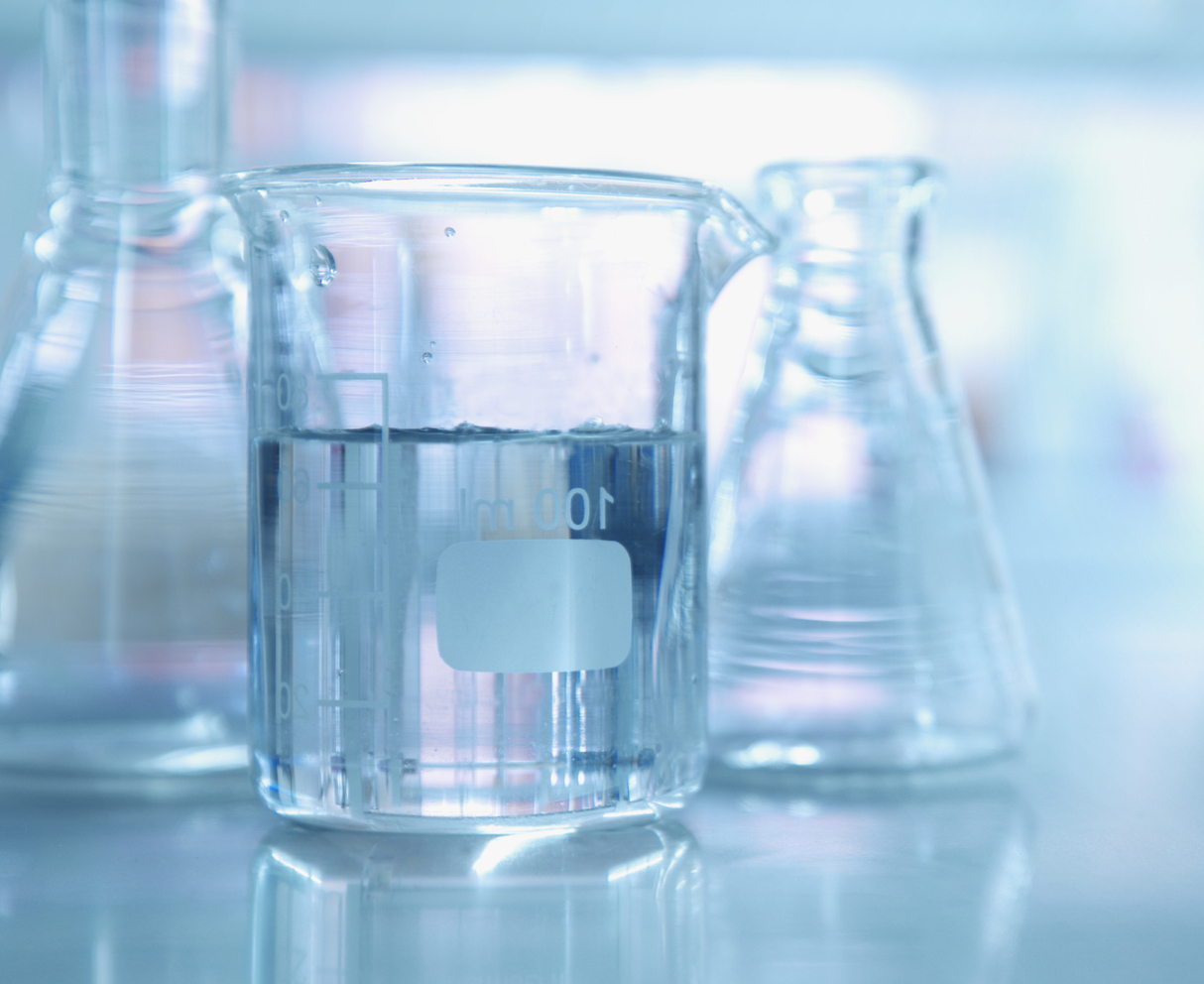
“Oxidative stress is a disturbance of the physiological redox balance that is not balanced by adequate adaptive responses from the body.”
Every moment our cells are in contact with substances of an oxidising nature called ROS (Reactive Oxygen Species), including free radicals. In most cases, the presence of these substances is physiological and essential for proper cellular function. An uncontrolled increase in ROS leads to a condition of oxidative stress. Under conditions of oxidative stress, reactive oxidant species cause cellular damage to membrane lipids, protein structures and DNA and RNA molecules, with cumulative effects.
Our organism is able to defend itself against the attack of reactive species by means of its own antioxidant system composed of enzymatic systems, transition metal sequestrants (the latter are often involved in the processes of generating reactive species) and radical scavengers, molecules mostly of endogenous origin but not only, with the ability to react directly with reactive species by ‘switching off’ their strong reactivity.
The key concept is that of redox balance. In a normal situation there will be a physiological production of ROS and a physiological production of antioxidants.
When this balance is disturbed, the organism responds by means of appropriate adaptive systems, and after a short period the situation returns to equilibrium.
If, however, the stimulus is excessive or lasts over time, or the adaptive/antioxidant systems are compromised, there is no return to a state of equilibrium, but rather an unbalanced situation in which the oxidant component predominates over the antioxidant defence and is called oxidative stress. In this situation, oxidation of macromolecules begins, leading to their denaturation and increasingly serious physiological consequences depending on the extent of the oxidative damage.
It is recognised that prolonged oxidative stress over time can predispose to or exacerbate a wide range of common diseases such as hypertension, diabetes, atherosclerosis, heart attack, stroke, Parkinson’s disease, Alzheimer’s, obesity, cognitive impairment… so monitoring the redox balance can be a valuable ally in personalised medicine.
For further information on this topic, we recommend the BibliO.S. application, the bibliographic search engine for oxidative stress.